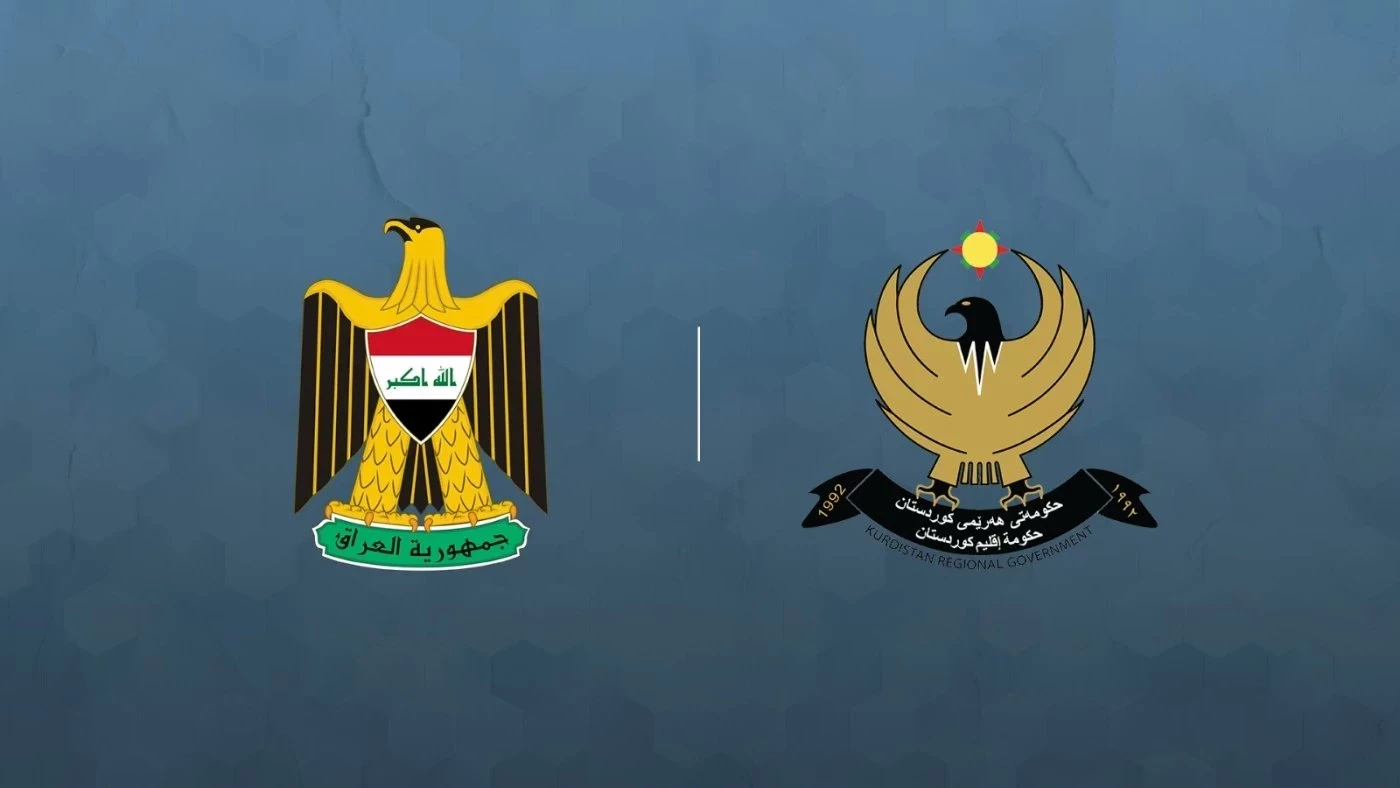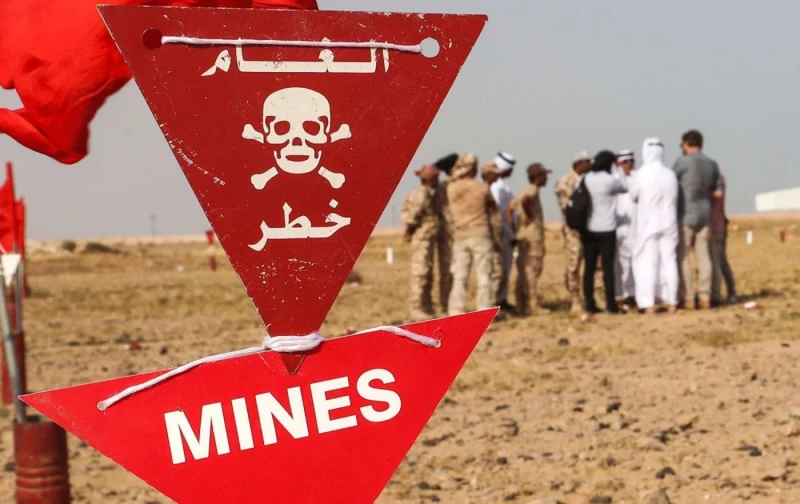ERBIL, Kurdistan Region of Iraq - A tripartite agreement to resume the Kurdistan Region’s long-stalled oil exports was signed Monday between Erbil, Baghdad, and oil companies, an Iraqi oil ministry source confirmed to The New Region.
The agreement will be presented to the Iraqi cabinet in a regular session of the Iraqi Council of Ministers on Tuesday, the source added.
Kurdistan Regional Government (KRG) spokesperson Peshawa Hawramani told The New Region earlier on Monday the three sides had "reached an agreement regarding the oil issue," adding that "a tripartite agreement will be signed between them."
The Iraqi cabinet on Tuesday approved a previously agreed-upon structure for the mechanisms of exporting the Region’s oil, The New Region reported earlier this week. The agreement was agreed on previously in July, with negotiating delegations from both Erbil and Baghdad signing the draft.
The terms of the contract will see the KRG retain 50,000 barrels of oil for domestic consumption, with the rest of the oil, regardless of production capacity, being handed over to Iraq’s oil marketing arm to be exported to global markets.
Oil companies were originally set to receive $16 per barrel produced, but they will now receive crude oil as per their request to guarantee payments, The New Region understands.
Exports of the Kurdistan Region’s oil through the Turkish Ceyhan pipeline were halted in March 2023 after Ankara lost a case against Baghdad in a Paris-based arbitration court. The case accused Ankara of breaching a 1973 agreement by allowing the KRG to start selling oil independently of Baghdad in 2014.
The Kurdistan Region’s production capacity sits at around 230,000 barrels per day, according to Hawramani, who emphasized Erbil's readiness “to hand over all of our oil, but in exchange the issue of salaries must be settled immediately.”
The dispute between Erbil and Baghdad over oil exports, in addition to the mechanism of sharing the KRG’s non-oil revenues, has propped up a budgetary conflict between the two sides, leading to years of sanctions on the KRG by the Iraqi government, the latest of which came in May, when Iraqi Finance Minister Taif Sami notified Erbil that the federal government will suspend funding the Region’s civil servant salaries.
Civil servants in the Kurdistan Region received their salaries for June in September, while July and August salaries have yet to be funded by the Iraqi government. The KRG has repeatedly reiterated that they have “more than fulfilled” the obligations relating to finding solutions with Iraqi authorities.



 Facebook
Facebook
 LinkedIn
LinkedIn
 Telegram
Telegram
 X
X


